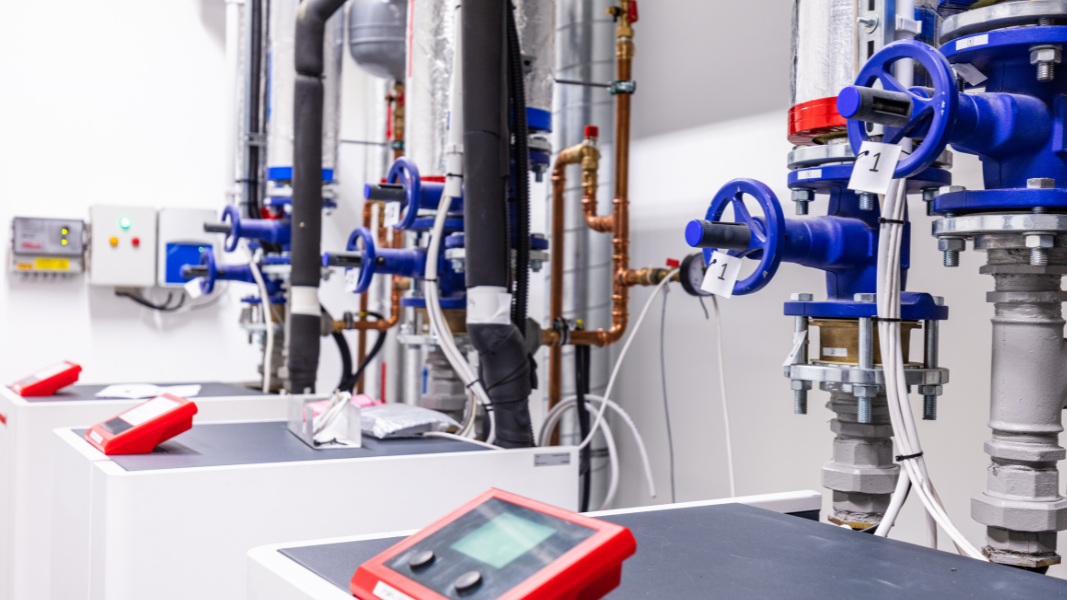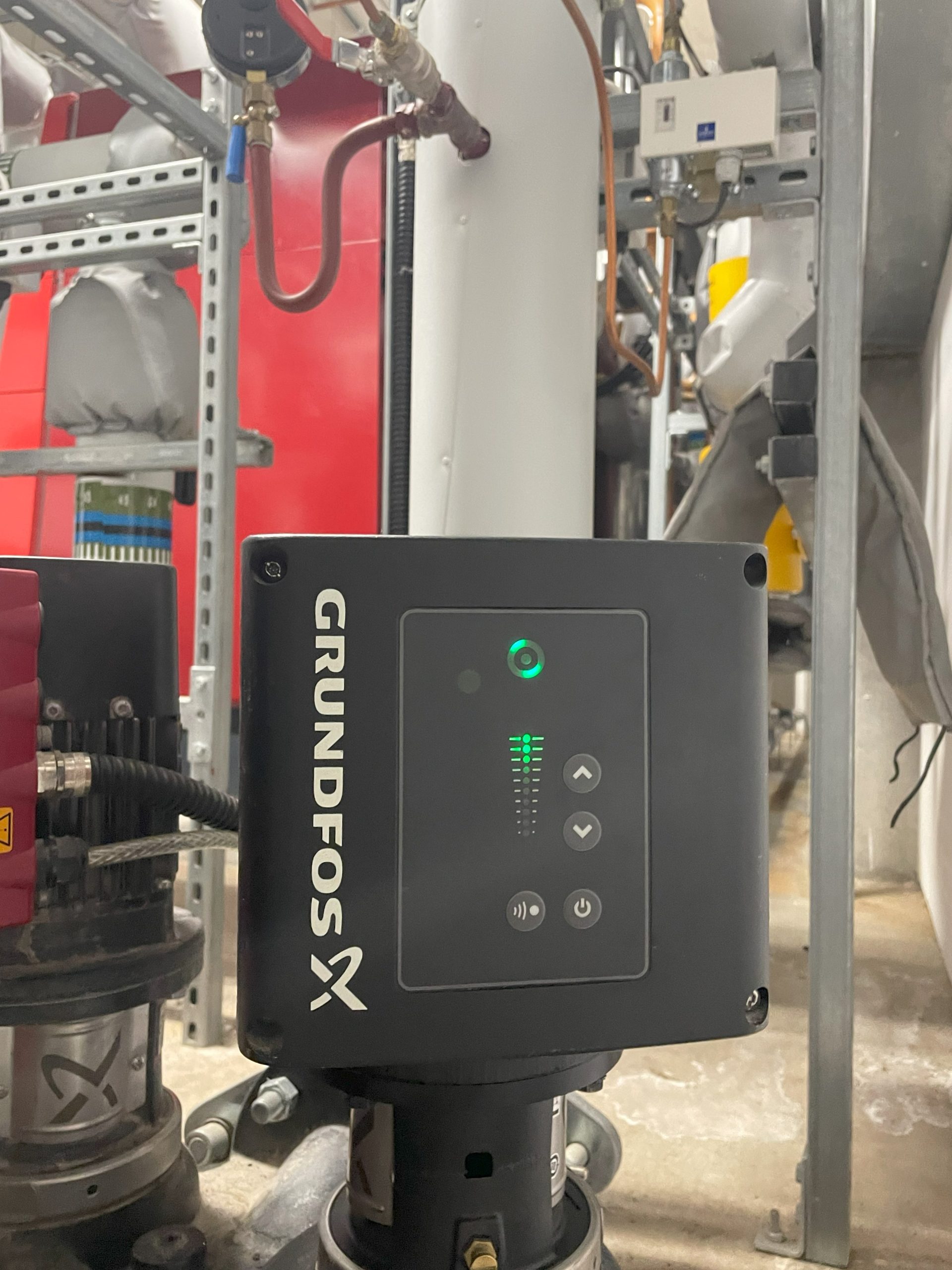The drive towards net-zero emissions coupled with rising energy costs are accelerating innovations in pump technology. With the introduction of new legislation and the adoption of electric solutions, the industry is benefiting from reduced carbon footprints and improved operational costs.
At the same time, the industry is shifting away from single-point-of-failure systems, and instead incorporating standby and backup pumps to ensure greater reliability.
But many face the challenge of budget constraints and limited system knowledge, which can prevent optimising the performance of new pump technology.
In this article, independent pump supplier, Deckpro, uncovers some of the innovations currently available.
Emerging innovation
Over the past decade advancements in pump technology have been largely driven by the global focus on sustainability and energy efficiency.
As recently as last year, EU regulations came into effect that mandate the use of IE4-level motors running between 75kW and 200kW (these are classified as providing ‘super premium efficiency’, consuming less energy and delivering lower operational costs compared to IE3s). The IEC standards are improving all the time, and that means saving money whilst improving carbon footprint.
In the coming decade, efficiency will increasingly influence budget decisions. As energy costs fluctuate, the benefits of investing in efficient technologies will become more impactful – payback periods will become shorter and the process of calculating ROI will become easier.
The pump specialists at deckpro predict that smarter, more efficient pumps will continue to emerge as the adoption of electric solutions accelerates.
deckpro’s Operations Manager, Joe Smith said:
“The pump industry and the electric motor industry are leading the way in their innovations. Depending on the targets set by the government, our country is aiming for net-zero emissions, and electric motors play a crucial role in achieving this goal. Having this mentality will only enhance innovation and accelerate the development of new pump products.”
Technology to invest in
Inverter Drives: Using inverter drives to control pump speed based on demand can significantly improve efficiency and reduce wear and tear, extending the pump’s lifespan.
Use of Energy-Efficient Motors: Upgrading to high-efficiency motors (like IE4 or IE5) can reduce energy consumption and enhance the overall performance – saving around 20% in energy costs.
Upgrading to Intelligent Pumps: Using intelligent pumps that can optimise energy efficiency and perform self-cleaning cycles reduces the need for frequent maintenance and enhances longevity. As an example, check out Xylem’s intelligent wastewater pumps.
Remote monitoring systems: Investing in smart controls and monitoring systems allows an operator to log onto booster sets and wastewater pump stations from a desk and see a real-time display of what’s going on in those systems. Issues can be flagged before the customer even knows about them.
Payback periods and budget constraints
Calculating payback is a fine art because there are so many variables (cost per kilowatt hour, unit cost, runtime and suchlike). With the use of smart calculators these estimates are becoming more accurate. Even small changes can deliver incredible savings over time (e.g. retrofitting a new invertor drive to an old pump system).
But budget constraints are not the only challenge when adopting smart technologies. Some technology is difficult to implement. For example, variable speed drives have the potential to control temperature, flow and pressure, as well as adjusting speed according to demand. Yet, these features are regularly under-utilised, and the investment is partly wasted as a result.
Modern ABB inverters will usually include a built-in clock, calendar and timer, embedded communication protocols, pre-programmed macros and even a swinging choke. By fully leveraging these features, you will significantly enhance the performance of pump systems – improving the efficiency of your whole building.
Future trends
There are so many opportunities to invest in smarter solutions. And with a little more upfront investment, substantial long-term savings can be made. Calculating ROI and ensuring these investments are used to their potential is a challenge, though.
Fortunately, companies such as deckpro offer free efficiency assessments, to indicate where savings can be made, or systems can be improved.




